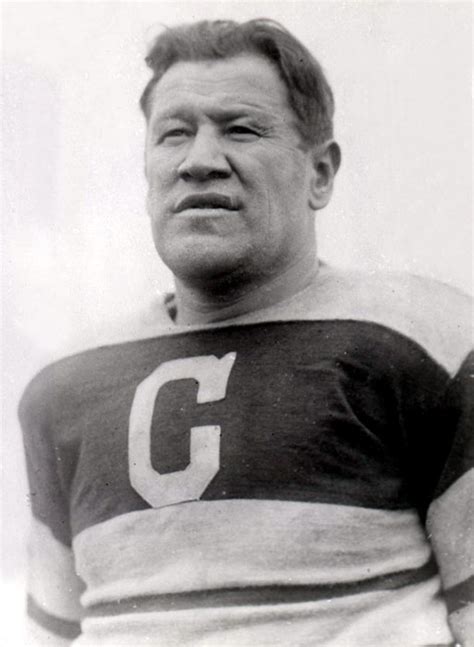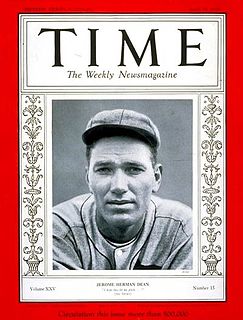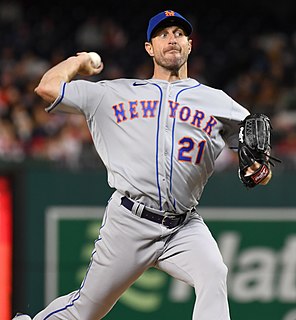A Quote by Frank Deford
Remember when John Roberts was seeking confirmation of the Supreme Court, and he said judges should be just like umpires, just calling balls and strikes? Well, turnabout is fair play. What baseball needs behind the plate are umpires like those judges who are called strict constructionists, which means you follow subtle law to the letter.
Related Quotes
In my opinion, Chief Justice Roberts put it best during his recent confirmation hearings. And he said, and I quote, "The framers were not the sort of people, having fought a revolution to get the right of self-government to sit down and say, 'Well, let's take all the difficult issues before us and let's have the judges decide them.' That would have been the farthest thing from their mind," however, I fear that the Supreme Court forgets this advice.
Look, the umpires behind the plate? They're human. They're doing the best they can to try to call balls and strikes. I understand that there's a lot of calls that kinda are 50-50. They can go either way. And as a starting pitcher, you try to manage, 'Alright, if you didn't get that call, maybe you'll get it again here a few innings later.'
People whose terms go for five years or longer, like FCC commissioners. That's a higher standard. Then district judges, who are appointed for a lifetime but can be overruled. Then Court of Appeals judges. They're not the highest level, but they're almost the final word. And then, of course, the Supreme Court.
The Supreme Court is about the Constitution. It is about constitutionality. It is about the law. At its bear simplest, it's about the law. It is not about the Democrat Party agenda. Because that's what it's become. The whole judiciary has become that because that's the kind of people they have put on various courts as judges, and every liberal justice on the Supreme Court is a social justice warrior first and a judge of the law second. And if they get one more, then they will have effectively corrupted the Supreme Court.
Sometimes, when asked the what-do-you-do question, it occurs to me to say that I work for the government. I have a government job, essential to national security. I AM A CITIZEN. Like the Supreme Court judges, my job is for life, and the well-being of my country depends on me. It seems fair to think that I should be held accountable for my record in the same way I expect accountability from those who seek elected office. I would like to be able to say that I can stand on my record and am proud of it.
Conservatives . . . may decide to join the game and seek activist judges with conservative views. Should that come to pass, those who have tempted the courts to political judging will have gained nothing for themselves but will have destroyed a great and essential institution. . . . There are only two sides. Either the Constitution and statutes are law, which means their principles are known and control judges, or they are malleable texts that judges may rewrite to see that particular groups or political causes win.
How we decide the vexed issue of the method of selection of judges of the Supreme Court and the high courts would determine the future of our democracy and the rule of law in the country. We are faced with the twin problem of selecting the best judges and also ensuring that the judiciary would be insulated from executive interference.
Justified or not, the Supreme Court has a kind of sacred status in American life. For whatever reason, Presidents can safely run against Congress, and vice versa, but I think there is an inherent popular aversion to assaults on the court itself. Perhaps it has to do with an instinctive belief that life needs umpires.






































